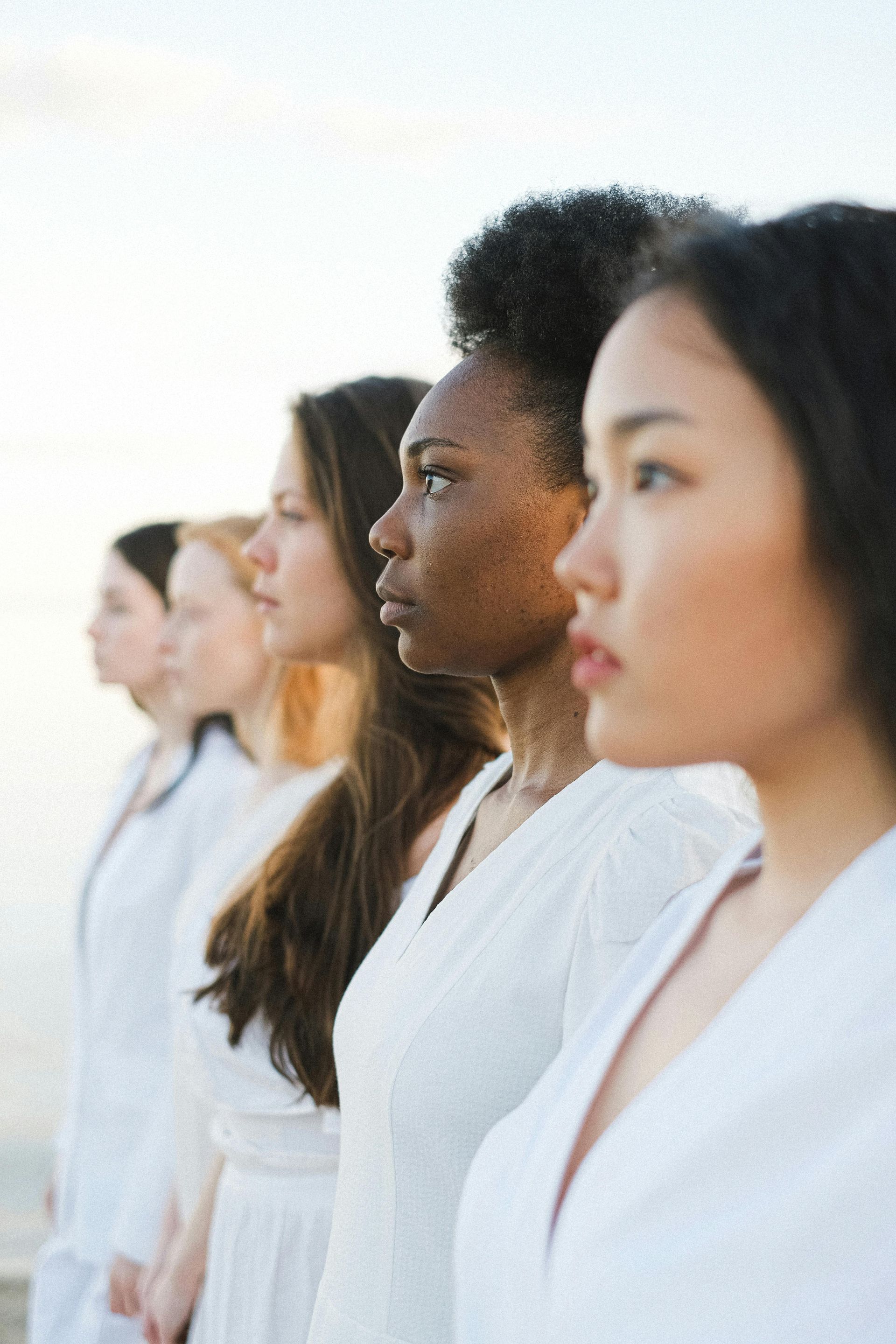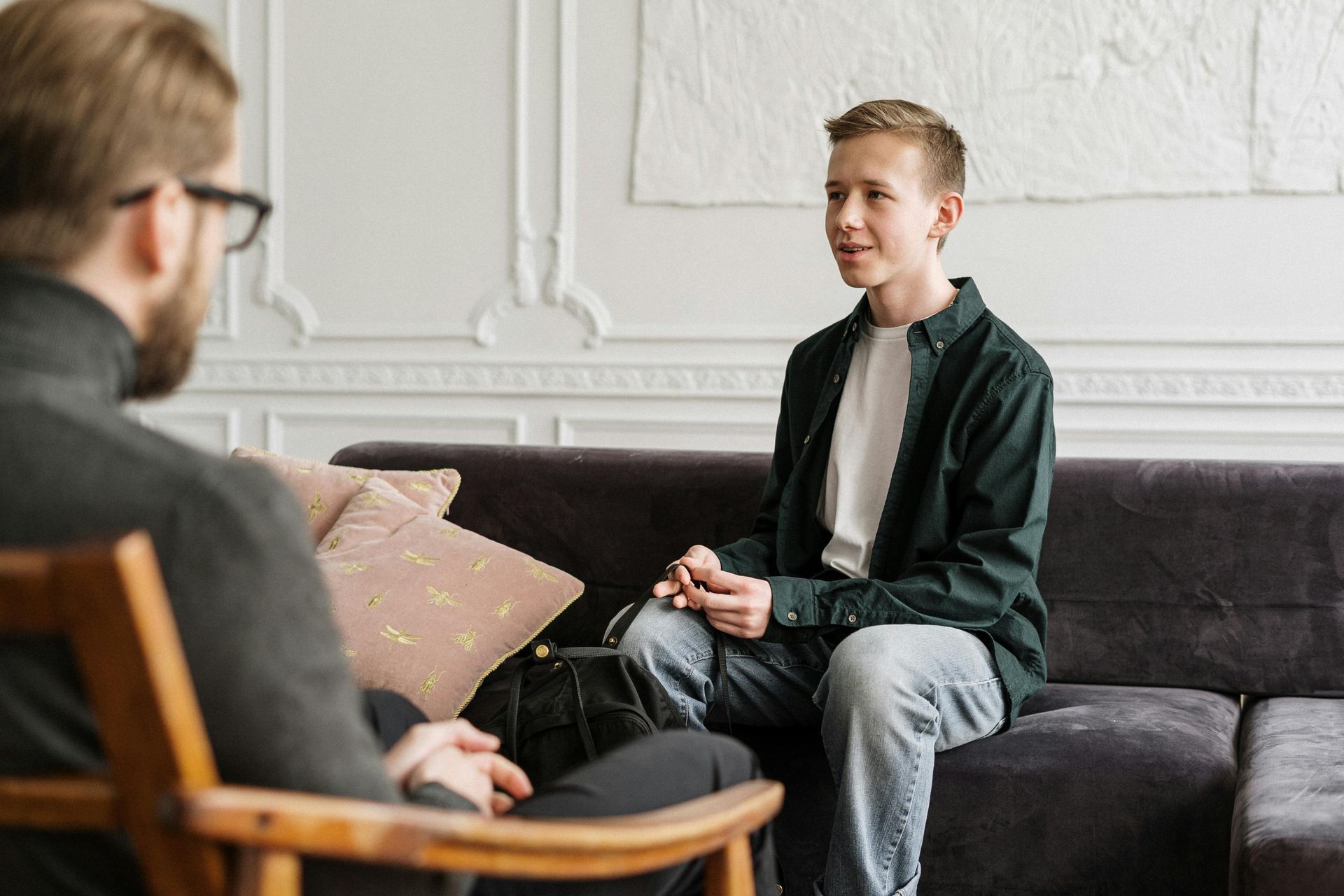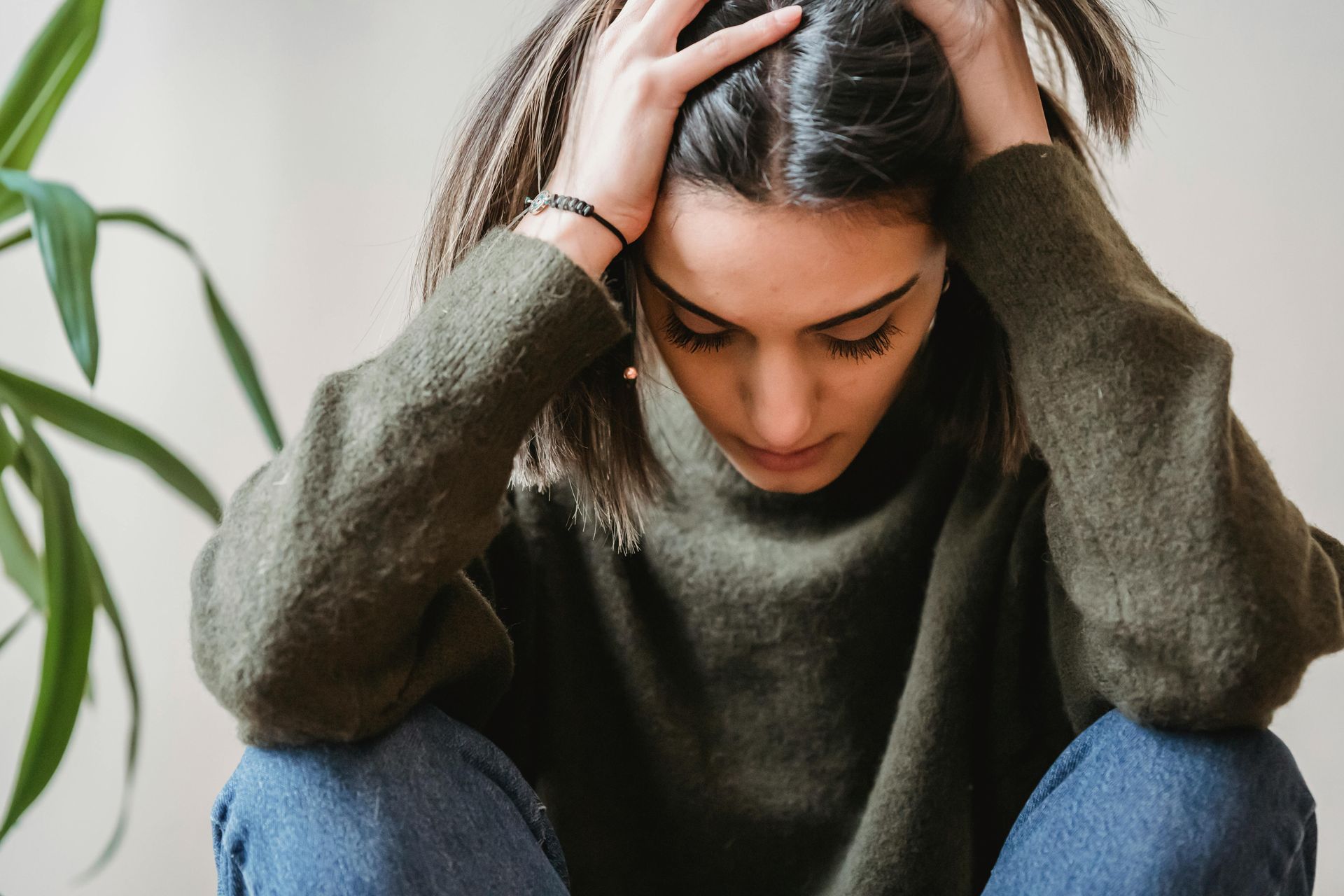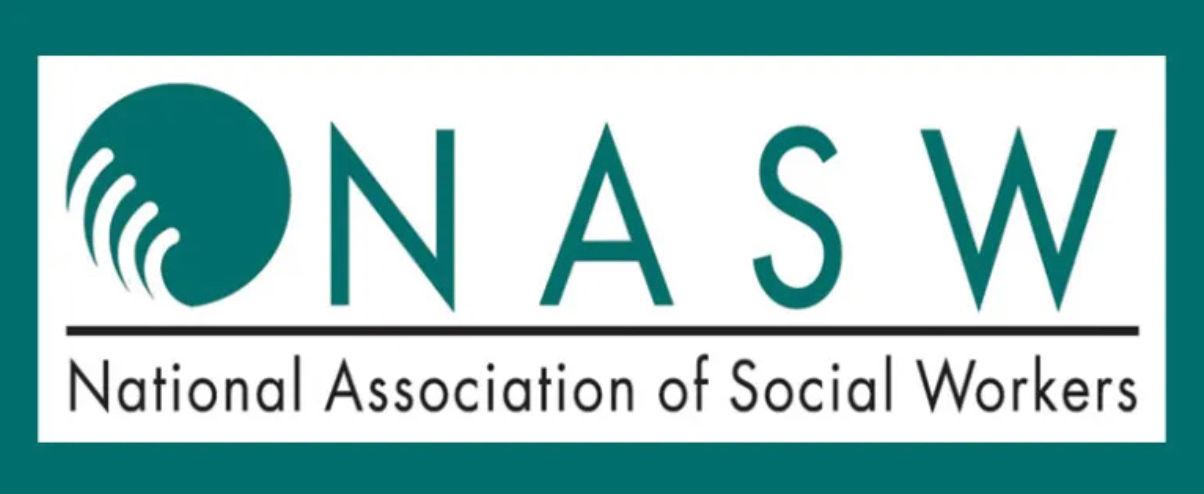Nolite te Bastardes Carborundorum: Don’t Let the Bastards Get You Down – A beginner’s guide to coping in 2025, Part 1

Some of you may recognize the phrase above from Margaret Atwood’s The Handmaid’s Tale.

In it, she imagines a world where women are subjugated, divided, and pitted against one another. “Don’t let the bastards get you down” is a quiet act of resistance — words passed from one woman to another, a whisper of hope in an otherwise hopeless time.
I share those same words with you today — not as a slogan, but as a grounding reminder in what often feels like a very precarious time. Increasingly, The Handmaid’s Tale reads less like fiction and more like a cautionary tale we can see unfolding around us.
For many — especially Black, Indigenous, and other people of color; queer and trans folks; disabled people; and others from historically marginalized communities — threats to personal safety, health, and autonomy are not new. There is a long, powerful legacy of resistance, survival, and brilliance from these communities — stories that continue to teach us how to adapt, push back, and thrive.
But in 2025, the sheer volume of compounding crises feels like something new altogether. Environmental disasters — wildfires, floods, heat domes, blizzards, and droughts — now coincide with political instability, widespread economic insecurity, and the unraveling of hard-won rights. Access to safe reproductive healthcare is being rolled back. Trans rights are under legislative attack. Housing and food costs have skyrocketed. A global pandemic restructured daily life, and now we’re keeping cautious eyes on the spread of H5N1 (yes, the bird flu — if you haven’t read about it yet, it’s worth your attention, unfortunately).
So we adapt. We scroll our phones and try to make sense of the headlines that impact us and those we love. We go to the gym, the grocery store, the park, trying to preserve normalcy. But the tension is there — a hum in the background of modern life. We feel it in our bodies, in our relationships, in our mental health.
And so, let me say this clearly:
It is
normal to feel terrible when things are terrible.
It is
healthy to cry, scream, shut down, or rage.
It is
human to feel overwhelmed in overwhelming times.
We are, as the saying goes, living through unprecedented times. And unprecedented times call for new ways of coping, connecting, and caring. We need community more than ever — with our neighbors, coworkers, friends, families, and even those whose lives look nothing like ours. The truth is, we belong to each other. And despite everything, that’s still something to hold onto.
This world is still beautiful. Still vibrant. Still worth fighting for. I’ve spent over a decade as a landscape designer and ecologist, and as a lifelong environmentalist, I feel the stakes acutely — for people, animals, ecosystems, and future generations. But I also feel the possibility.
Over the next few weeks, I’ll be sharing some of the ways I stay grounded, take action, and return to joy — even in the middle of the chaos. Step one? Find the people who lift you up. The ones who remind you of your strength, your values, your inherent worth. Resist the temptation to isolate. Resist despair. And above all, resist forgetting how good humanity can be when we show up for each other.
Until next time.






